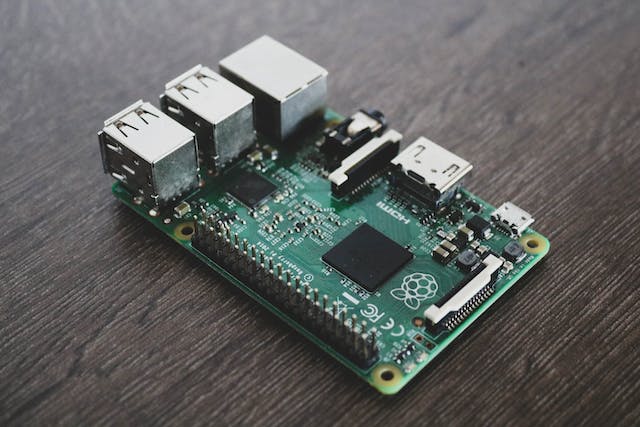The Role of Technology in Modern Accounting Practices

Technology has become an indispensable ally in reshaping and revolutionizing accounting practices here in the dynamic landscape of modern business. Gone are the days of manual ledgers and cumbersome spreadsheets; today’s accountants leverage a plethora of technological advancements to enhance efficiency, accuracy, and overall financial management.
This article delves into the multifaceted role of technology in modern accounting, exploring key trends, tools, and their transformative impact on the profession.
Let us dive in.
Cloud Computing and Remote Collaboration
One of the defining shifts in accounting practices is the adoption of cloud computing. Cloud-based accounting software allows professionals to access financial data securely from anywhere, facilitating remote collaboration and real-time updates. This not only streamlines workflow but also promotes flexibility, enabling accountants to provide timely insights to clients and stakeholders.
Automated Bookkeeping Processes
Automation stands as a cornerstone of modern accounting, dramatically reducing the manual workload associated with bookkeeping tasks. Advanced software can automate data entry, bank reconciliations, and routine financial processes. This not only minimizes the risk of human error but also frees up accountants to focus on strategic analysis and value-added activities.
Artificial Intelligence (AI) and Machine Learning
The integration of AI and machine learning algorithms has ushered in a new era of predictive analytics in accounting. These technologies can analyze vast datasets to identify patterns, anomalies, and trends, offering valuable insights for decision-making. From fraud detection to cash flow forecasting, AI empowers accountants with tools to make informed and proactive decisions.
Blockchain Technology
Blockchain, renowned for its role in cryptocurrency, is making waves in accounting by enhancing transparency and security. The decentralized and tamper-resistant nature of blockchain ensures the integrity of financial transactions. This is particularly relevant in auditing processes, where a transparent and immutable ledger can revolutionize how financial records are verified.
Data Security and Privacy
As technology evolves, so do the challenges of safeguarding sensitive financial information. Modern accounting practices incorporate robust cybersecurity measures to protect against data breaches and unauthorized access. Encryption, multi-factor authentication, and secure cloud infrastructure are integral components of ensuring the confidentiality and integrity of financial data.
Integration of Financial Systems
The interoperability of financial systems has become a priority for modern accountants. Integrated platforms allow seamless data flow between various applications, such as accounting, payroll, and customer relationship management (CRM) systems. This integration minimizes data silos, enhances accuracy, and provides a holistic view of financial operations.
Mobile Accounting Apps
The ubiquity of smartphones has led to the development of mobile accounting apps, empowering accountants to manage finances on the go. From expense tracking to invoice generation, these apps offer convenience and flexibility, enabling professionals to stay connected with financial data irrespective of their location.
Regulatory Compliance Software
The ever-evolving landscape of regulatory compliance demands a proactive approach from accountants. Regulatory compliance software automates the tracking and implementation of regulatory changes, ensuring that financial practices align with the latest standards. This not only mitigates compliance risks but also saves time spent on manual compliance tracking.
Enhanced Reporting and Visualization Tools
Modern accounting practices emphasize the importance of clear and concise reporting. Advanced visualization tools and reporting software enable accountants to present complex financial data in an easily understandable format. Graphs, charts, and dashboards facilitate communication with stakeholders, fostering a deeper understanding of financial performance.
Continuous Professional Development
Embracing technology in modern accounting requires a commitment to continuous professional development. Accountants need to stay abreast of emerging technologies, industry trends, and software updates to harness the full potential of available tools. Professional development programs and certifications play a crucial role in equipping accountants with the skills needed for the digital era.
In conclusion, the role of technology in modern accounting practices is transformative, reshaping traditional approaches and unlocking unprecedented opportunities. From automation and artificial intelligence to enhanced security and mobility, technology serves as a catalyst for innovation and efficiency in the accounting profession.
